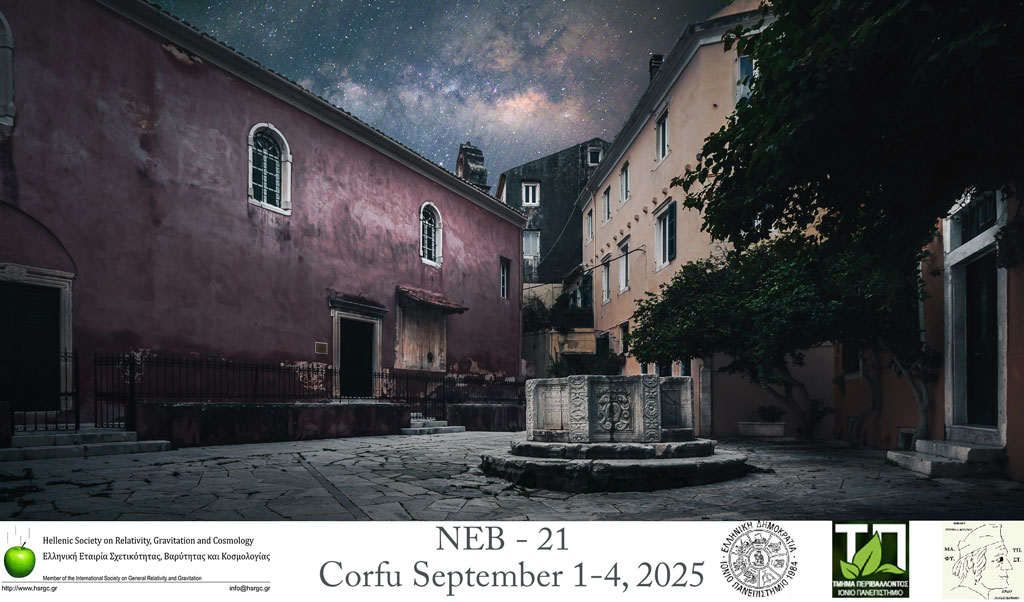Speaker
Description
We explore the potential of f(Q) gravity as an alternative framework to address the $H_0$ and $S_8$ tensions in cosmology. Focusing on three representative f(Q) models, we perform a comprehensive Bayesian analysis using a combination of cosmological observations, including cosmic chronometers, Type Ia supernovae, gamma-ray bursts, baryon acoustic oscillations, and redshift-space distortions.
Our results demonstrate that most of these models can yield higher values of $H_0$ than those predicted by the concordance cosmological model ΛCDM, offering a partial alleviation of the tension. In addition, one model satisfies the condition Geff < G and predicts $S_8$ values consistent with weak lensing observations, making it a promising candidate for addressing the $S_8$ tension. However, these improvements are accompanied by mild internal inconsistencies between different subsets of data, which limit the overall statistical preference relative to ΛCDM. Despite this, f(Q) gravity remains a promising and flexible framework for latetime cosmology, and our results motivate further exploration of extended or hybrid models that may reconcile all observational constraints.

